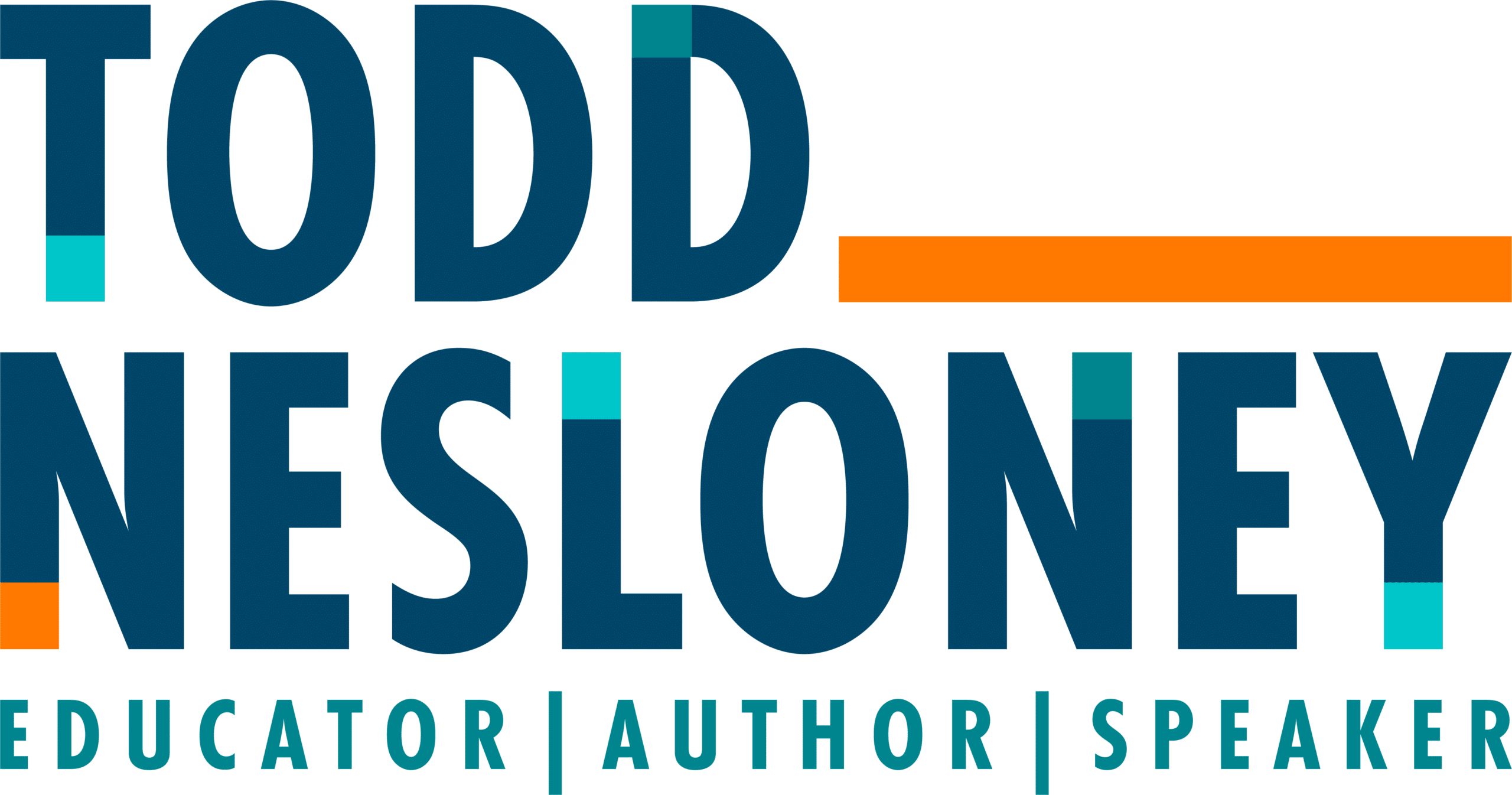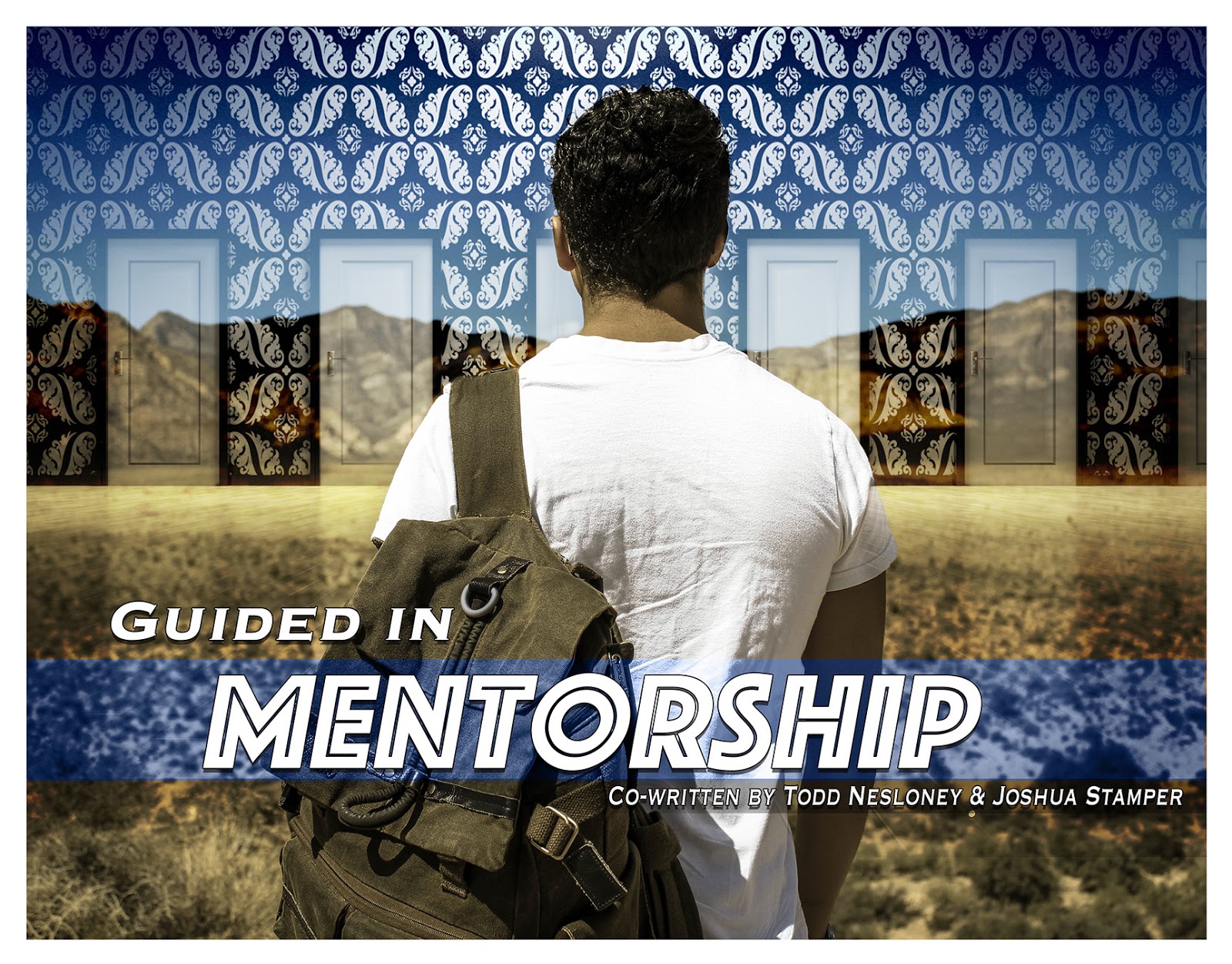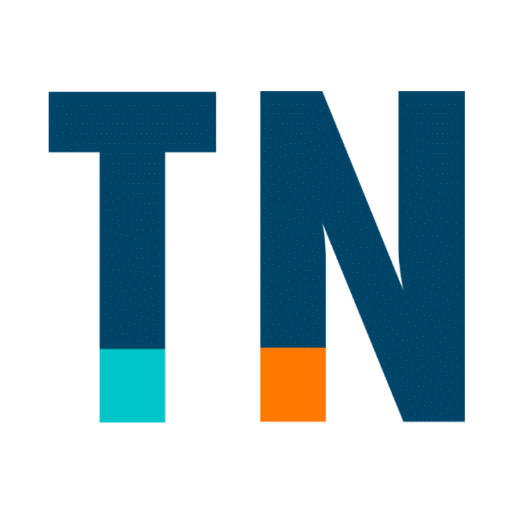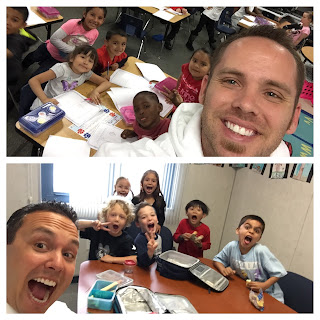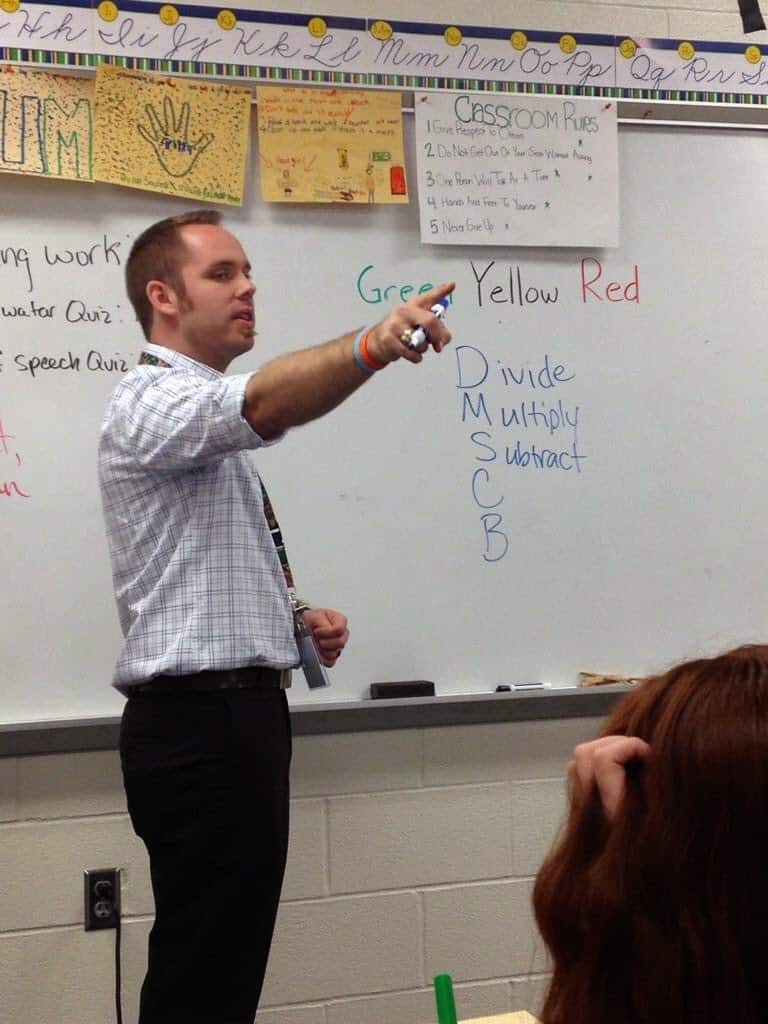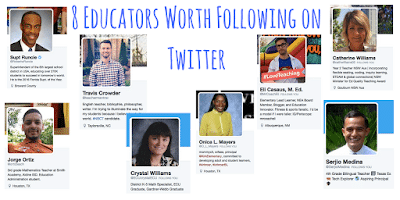Guided in Mentorship #KidsDeserveIt
This post is co-written with the incredible Joshua Stamper. You can follow him on Twitter HERE or check out his blog HERE.
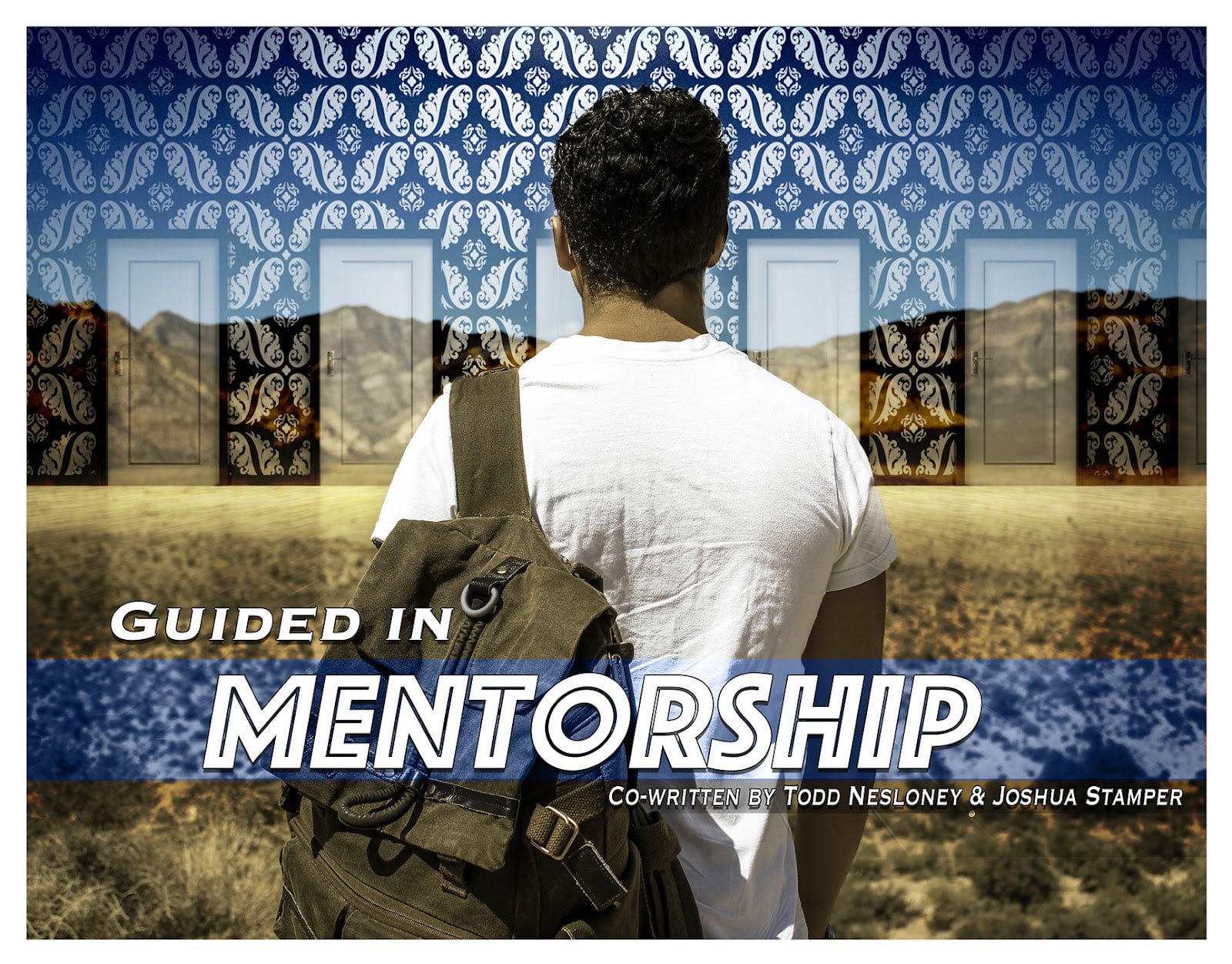
“A mentor empowers a person to see a possible future, and believe it can be obtained.”
– Shawn Hitchcock
Throughout our lives, we have been guided, counseled, and advised through hardships, indecisiveness, and lack of direction. During each stage of our education and our career, individuals such as coaches, teachers, professors, employers, pastors, or family friends have positively influenced the trajectory of our decisions. As educators, we have adopted the same practices by providing coaching, support, direction and advice with our students and staff.
1. Coaching –
Growing up as an athlete, my (Joshua’s) coaches challenged my abilities, allowed learning through mistakes, believed in my potential, and provided honest feedback. At the beginning of my senior year of high school, I had an extremely poor and disappointing soccer tryout. After the tryouts concluded, the varsity coach pulled me aside to explain that I didn’t make the cut. If I wanted to continue playing soccer, the only option was to play Junior Varsity (JV) my senior year. I was devastated by the coach’s decision and my first reaction was to quit the sport altogether. As I was walking back to the campus, the JV coach grabbed me and told me how excited he was to have me on his team. I was sceptical at first but the JV coach provided quality instruction, philosophy of strategy, clarified my role on the team and presented a plan to improve my individual skills. Although I was crushed by not making the top team, the JV coach quickly infused me with hope, excitement, and motivation. After two games on JV, I was promoted to varsity.
After my high school career, I continued to play soccer in college. Due to the coaching I received, I was able to apply the values of grit, determination, and perseverance toward other aspects of my life. These qualities allowed me to grow as both a player and a leader. Without the guidance and motivation from my JV coach, I would have walked away from a game I loved and missed some amazing experiences, friendships, and teaching.
I (Todd) have had many different people who have helped coach me into the person I am today, professional and personally. My youth minister always challenged my thinking and really helped build a sense of empathy and compassion into me. My PLN (Professional Learning Network) who have helped me grow not only as an educator, but as a writer and communicator, and helped me think through what I truly believe down to my core about what I do.
I am someone who thrives off of constructive feedback. I need people around me who will push my thinking and question my decisions. It helps me become a much more reflective person and always growing. I have had to be really selective over those that I let into that “inner coaching circle” because allowing yourself to be coached by others requires you to be vulnerable and open. And that isn’t always easy or comfortable.
As a mentor, we have used the same strategies to help instill a growth mindset in our students. Unfortunately, in the world of academics, students tend to think they must be perfect on their first try on each assignment, project, and test. As educators, we must provide an environment to allow students to practice and master their skills. Being an educational coach allows the sports analogy and growth mindset to be a reality. If learning is important, then allowing students multiple opportunities to try again is imperative.
2. Direction
During a challenging time, one of my (Joshua’s) college professors pulled me into his office and asked me a very powerful question. The professor was a man of few words with an impactful and stoic presence. Imagine sitting in front of a visual blend of Albert Einstein and Andre the Giant. At this time in his class, I wasn’t providing my best effort. The professor asked simply, “what do you love?” It was an unexpected question, since I assumed I was going to be reprimanded for my lack of effort. I didn’t really know how to answer. The professor asked me to fold a piece of paper in half to create a list in two categories, “things I love” and “things that make me happy”. He quickly explained, the things that we love we need to hold onto forever. The things that make us happy will not last since they can change with each day. After the meeting, I went home and I made the list, which became my compass of direction going forward.
Through the practice of inquiry, a mentor can provide direction within reflection. Using a series of questions and a basic activity, my professor was able to focus and direct my thinking in a positive trajectory. After our meeting, my circumstance didn’t change but my outlook changed drastically. Mentorship is a process to present possibilities and abilities, not dictate, guilt, or demand the decisions of others.
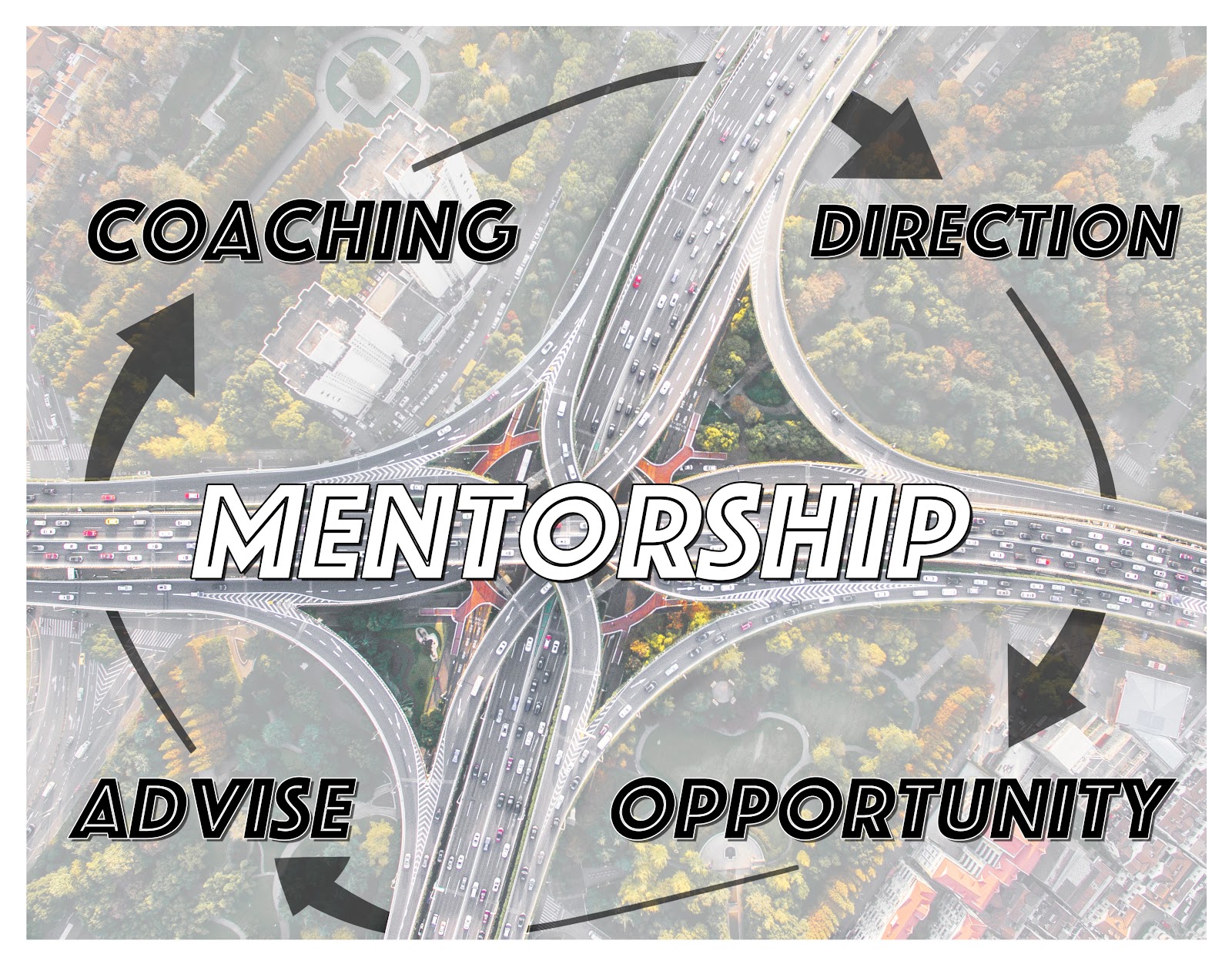
I (Todd) still remember sitting down with someone I respected and admired in the educational sphere. As we were talking through some of the successes I was experiencing, he asked me “what do you really want to do with yourself? Your career?” I had honestly never really thought of that. I was always a ‘day by day’ kind of guy.
To stop and think through where I saw myself years ahead was hard for me. And as I sat and reflected, it really helped me dive even deeper into some of my core beliefs. Even now I get asked often “are you still going to be a principal next year,” and my answer is always a resounding “YES!”
Taking that time to look at my life a year at a time has helped me see just how happy I am doing what I’m doing. But it’s also given me the ability to continually seek advice over how I can grow in my current role. Consistently taking that time to reflect and plan ahead allows me to focus on areas I want to better myself in and never stop growing.
We both know that having an idea of a direction you’re heading in is important. It doesn’t mean your plans or path can’t change, but we have to have a vision. It’s just like steering a boat. If a boat has no captain guiding its’ direction it will just amble through the ocean. We need to be at the helm, forging a path and making a plan for future endeavours.
3. Opportunity
When I (Joshua) was studying to become an administrator, a new assistant principal was hired at my school. Upon our first meeting, the principal mentioned I was in a master’s program for educational administration. The new assistant principal provided an invitation to shadow the position and gain additional experience. As soon as the school year began, I took full advantage of the invitation of learning from my administrators. The assistant principal provided collaborative sessions to problem solve, complete tasks, and implement new initiatives. Due to the opportunities given, I was able to learn through experiencing the many nuances of the position to prepare me for future leadership positions.
Within the mentorship process, it’s imperative to provide others with opportunities to experience new and challenging moments to establish growth. As an administrator, I try to provide the same opportunities to my teachers on my campus and to other teachers within the district so they can see beyond their own classroom. The mentorship process goes beyond conversations. We must develop others through active participation in expanded roles and responsibilities.
I (Todd) still remember every opportunity that has been afforded to me. I remember the first time someone asked me if I would write a blog post with them. Or the moment an experienced teacher asked if we wanted to teach a lesson together. Or that time when the principal came to me to ask for my help with a project because of certain qualities I possessed.
Those moments when you’re given an opportunity to shine are moments that aren’t easily forgotten. As someone now who has a little larger sphere of influence, I try to pass that along to others. I love being able to bring in people for me to present alongside of when I travel. Those moments where you can allow someone to use their voice, when they haven’t used it publicly before, is a game changing moment. Or those moments where I can ask different educators I admire to write with me. Where I get to watch our two voices combine and work off each other.
As educators, we know the power that lies in providing people with opportunities. But it’s equally important as an educator to take advantage of opportunities that are placed before you and not to turn something down for fear or lack of self-confidence. If an opportunity arises, seize it! Who knows if it might come back again! But at the same time, be thinking about opportunities you can provide to help grow and stretch others too!
4. Advice
I (Joshua) have sought advice from those who have experienced success in areas I want to improve and learn from. By connecting for coffee, lunch, or a formal meeting, I have been able to hear many stories of triumphs and mistakes. Through those meetings, I was able to gain immense wisdom and advice for future actions.
Receiving advice can be a risky or rewarding endeavour based on the source of the counsel. It’s extremely important to create a support system to provide trustworthy guidance. If we aren’t careful, we can construct a circle of deception to feed into our own desires.
I (Todd) know how much I’ve been impacted by the advice given to me by those I choose to surround myself with. Advice that hasn’t always been easy to take, but that I have always needed.
The biggest thing I have learned is the importance of surrounding myself with people who don’t all think like me, who don’t agree with me all the time, and who come from different backgrounds than I do. Sometimes the most dangerous place we can put ourselves in is an echo chamber. I want to receive advice from people who are going to challenge what I think, who are going to question my decisions, but who will still be there to encourage me and build me up along the way.
We both have learned that sometimes finding people to give you quality advice can be hard. We have been lucky to have people in our day to day lives to lean on, but we also both have found many great sounding boards through different people we have met online through social media. We’ve both seen the walls torn down when you reach out to others and take that risk of putting yourself out here.
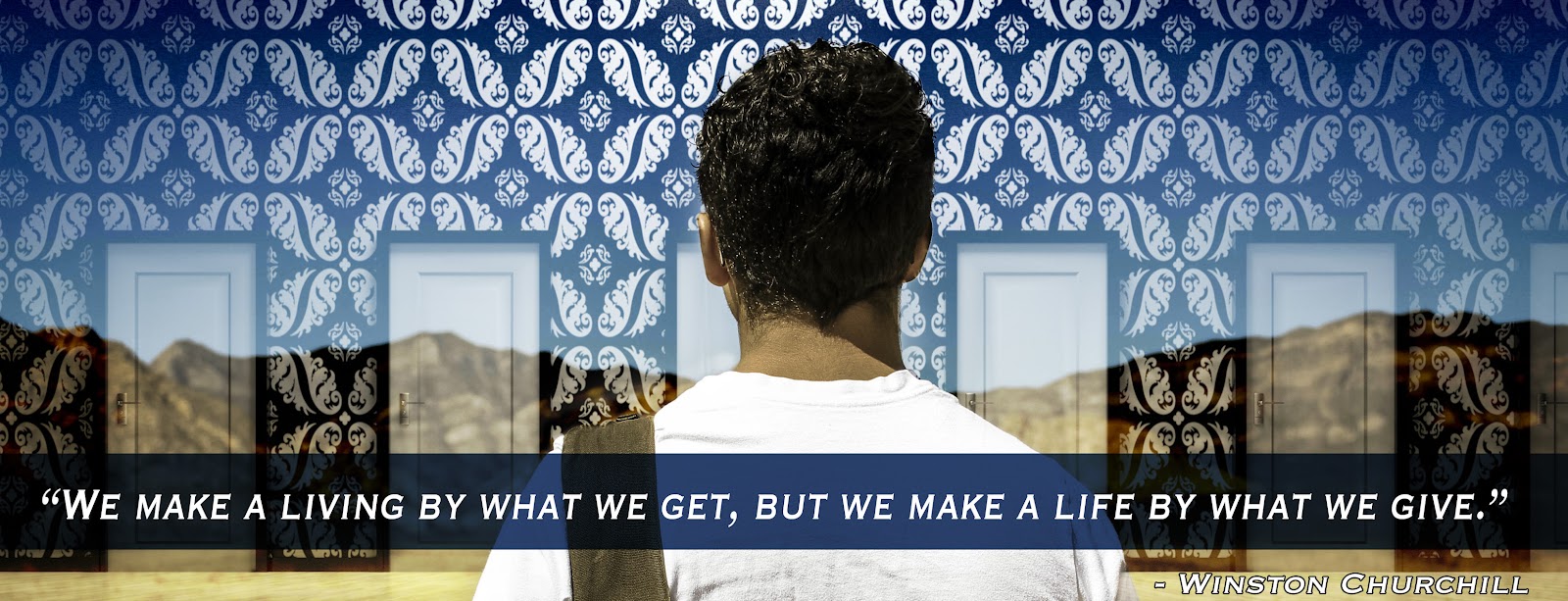
Our careers, much less life itself, is a difficult road to walk. But when we walk down that road with a mentor beside, behind, or in front of us, the walk is oh so much easier. It doesn’t mean all of your issues will be solved or that every decision becomes a piece of cake. But just like Ecclesiastes 4:9-10 says, “Two are better than one. For if one falls down his friend can help him up.” We need those mentors in our lives. And just as importantly, we need to be ready to mentor others as well. In the end, “We make a living by what we get, but we make a life by what we give” (Winston Churchill).
